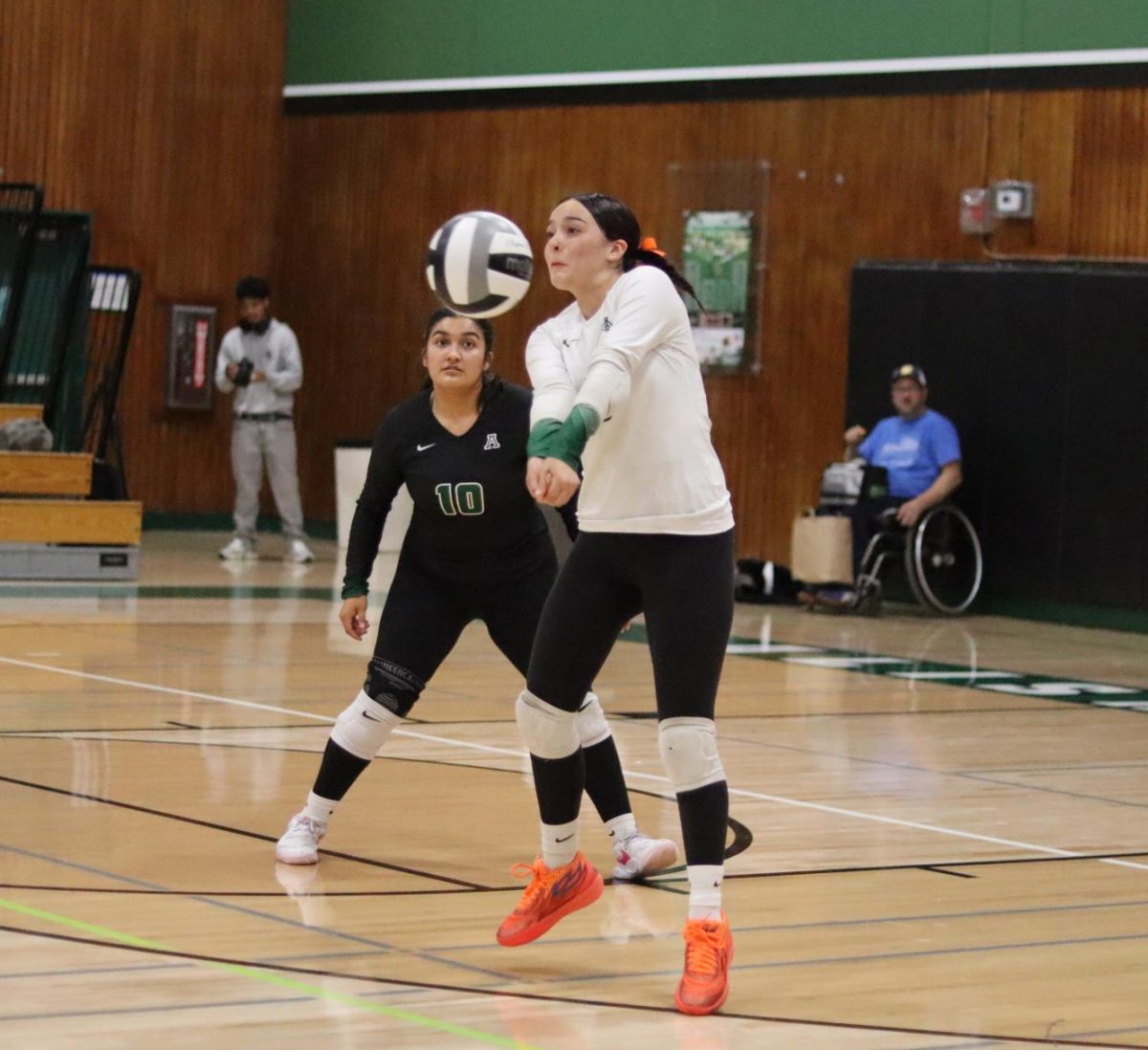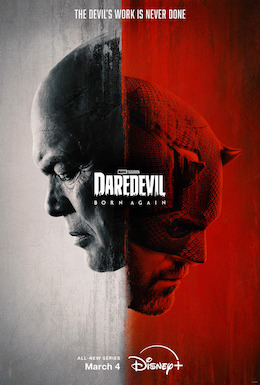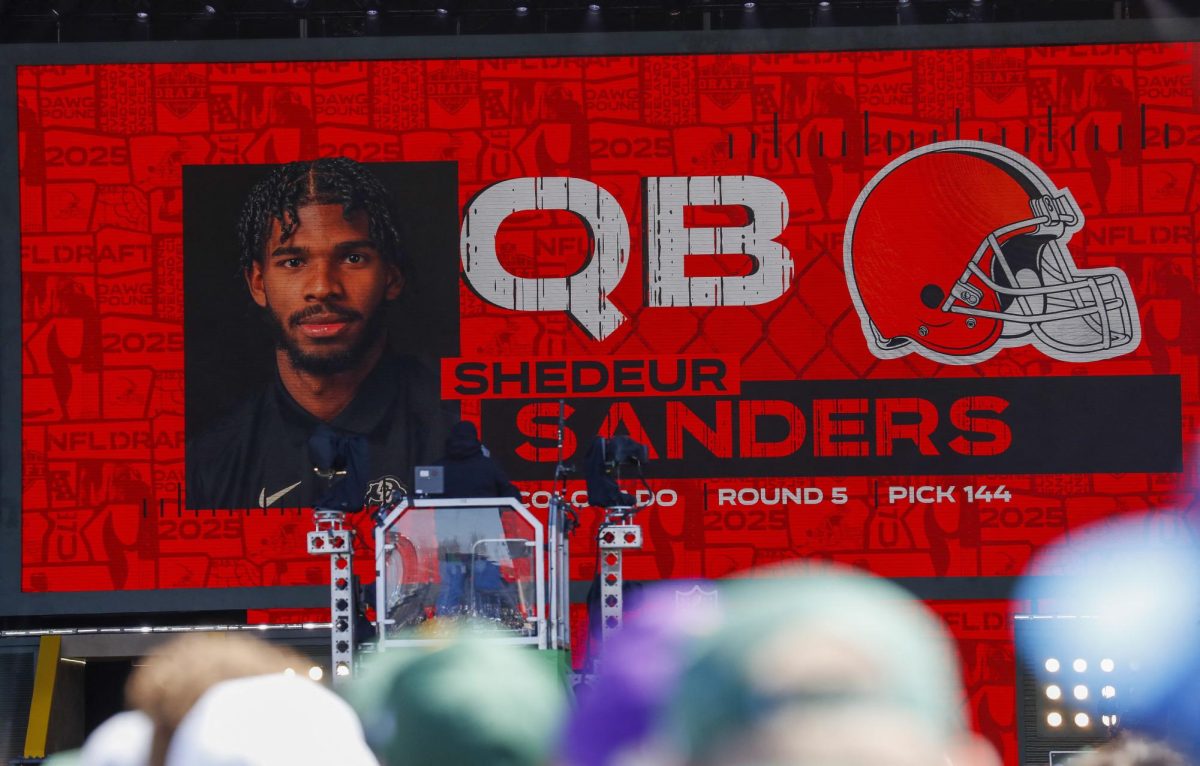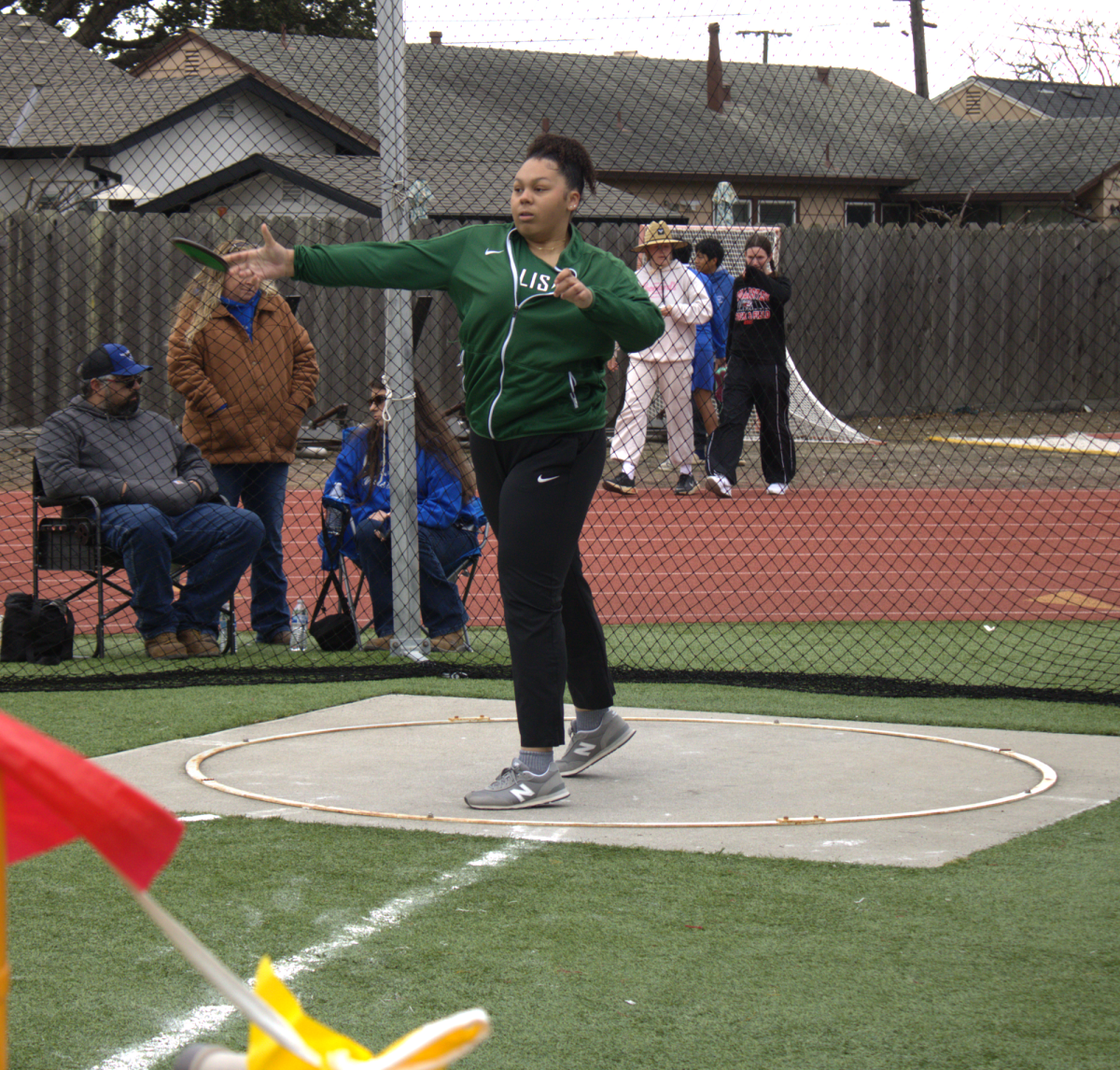Over the past several decades, sports betting has transformed from a casual activity among fans to a widely accepted and promoted part of the sports industry.
While placing friendly wagers on game outcomes was once viewed as informal entertainment, the legalization of sports gambling in many states has shifted it into the mainstream.
What was once considered controversial with scandals like the Chicago White Sox conspiring to throw the World Series for a huge payout from big gamblers and Pete Rose’s lifetime ban from the sport of baseball for betting on his own games, is now regularly featured in advertisements, discussed during broadcasts, and even integrated into professional sports leagues.
All of this raises a critical question. How did sports betting become so normalized in today’s sporting culture?
In 1992, Congress passed the Professional and Amateur Sports Protection Act (PASPA), which banned sports betting in most states, with Nevada and other casinos being exceptions. This made sports betting hard for most people to access (Congress.gov). However, that changed in 2018 when the Supreme Court struck down PASPA. According to Birch’s Health, “this ruling gave states the power to legalize sports betting, which opened the door for massive growth in the industry”.
Once sports betting was legalized in many states, the gambling industry rapidly expanded, especially through mobile apps like FanDuel, DraftKings, and BetMGM. These platforms made it easy for fans to place bets with just a few taps, but the real game-changer came with official partnerships between gambling companies and professional sports teams and leagues.
According to the NFL, “The NFL is partnering with Caesars, DraftKings, and FanDuel as its official sports betting partners”. The NBA has similar sponsorships with FanDuel, DraftKings, and BetMGM.
These companies are not just advertisers, they are deeply embedded in the sports world, sponsoring stadium lounges, broadcasting segments, and even featuring logos during live games. As John Oliver points out in his segment (Last Week Tonight with John Oliver), “You’re not crazy for thinking those ads are inescapable”.
Teams like the Buffalo Bills, Chicago Bulls, New York Yankees, and Cleveland Browns have individual partnerships with betting companies, turning these teams into marketing platforms for gambling. As a result, fans are exposed to betting not just during commercials, but through team apps, social media, and game-day experiences. This level of integration has made gambling feel like a normal part of being a sports fan.
The growing presence of sports betting has sparked debate about its impact on the integrity and health of sports culture. On the positive side, gambling has increased fan engagement, boosted league revenues, and brought in new audiences who feel more connected to the games through their wagers.
However, critics argue that this rise in betting comes with serious downsides. As Leander Schaerlaeckens of The Guardian points out, “Gambling platforms are designed to keep people betting.” It raises concerns about addiction and manipulation. Additionally, there have been cases where companies delay or deny payouts, causing frustration and mistrust among fans. John Oliver points out, “Betting until all your money has gone can be scarily easy to do when the casino is literally inside your pocket”.
Still, despite these concerns, sports betting has brought undeniable energy and interest to the games. When regulated properly, it offers fans a deeper level of involvement and helps teams and leagues grow financially, making it a potentially valuable part of the modern sports experience.
To really understand how normal sports betting has become, you have to hear it from the people actually doing it. A lot of students are already placing bets, and some of them aren’t even of legal age; instead, they have their parents or guardians place their bets for them.
Senior Ismael Jimenez, started betting recently. “Since I’ve started sports betting, I’ve made around $1,000, which I started sports betting around October of 2024.” He also shared how specific he gets with what he bets on, saying, “I bet on soccer. Specifically, a certain league will be La Liga.”
Senior Uriel Montelongo, talked about how he involves his dad when making decisions and how he actually does. He said, “I don’t like betting without him knowing, so I always let him know, like, how much I’m gonna bet and what I’m gonna bet on.”
With so many betting platforms available, it’s becoming more important to ask what’s actually being done to protect both the people placing bets and the integrity of the sport itself. While companies like PrizePicks and FanDuel promote “responsible gaming,” most of their safety tools, like betting limits, time-outs, and deposit caps, are optional and self-controlled.
On the PrizePicks help page, it says users can choose to “temporarily disable all access” to their account and block all marketing notifications for 30 days or more. But none of that is enforced automatically. It’s up to the person gambling to set those restrictions, and they can be turned off at any time.
Montelongo pointed out how that lack of control can be risky. “You just have to always have your whole budget for betting,” he said. His comment shows how aware some younger people are of the risks of not having limits when betting.
John Oliver adds, “The sports gambling industry is operating on the honor system, which is not a great system to rely on when you’re dealing with gambling.” Even though organizations like the NFL say they’re working with approved sportsbooks to promote safer gambling, most of the responsibility still falls on the user. If betting is going to be tied to sports, there should be stronger protections, especially ones that don’t rely on the people betting.
Sports betting has come a long way from what it used to be. What once felt like something just for fun with friends is now a huge part of how people experience sports.
Between the rule changes, how easy the apps are to use, and how often they show up during games, it’s kind of hard to ignore. But with all that growth, it also brings up some serious stuff like how young people are getting into it, how easy it is to bet without thinking, and whether enough is being done to protect users. Betting might add more excitement for some, but it also opens the door for problems if no one’s watching. So while it’s clear sports and betting are tied closer than ever, the question now is how to keep it safe without losing what makes these games fun in the first place.
I believe in moderation; gambling is a good way to get more into sports, but when overdone or abused, it can make you and the people around you suffer.
If you or someone you know is struggling with an addiction to gambling of any kind, there are services to help. For the National Gambling Problem Helpline, call 1-800-GAMBLER, text at 800GAM, or chat at 1800gamblerchat.org.

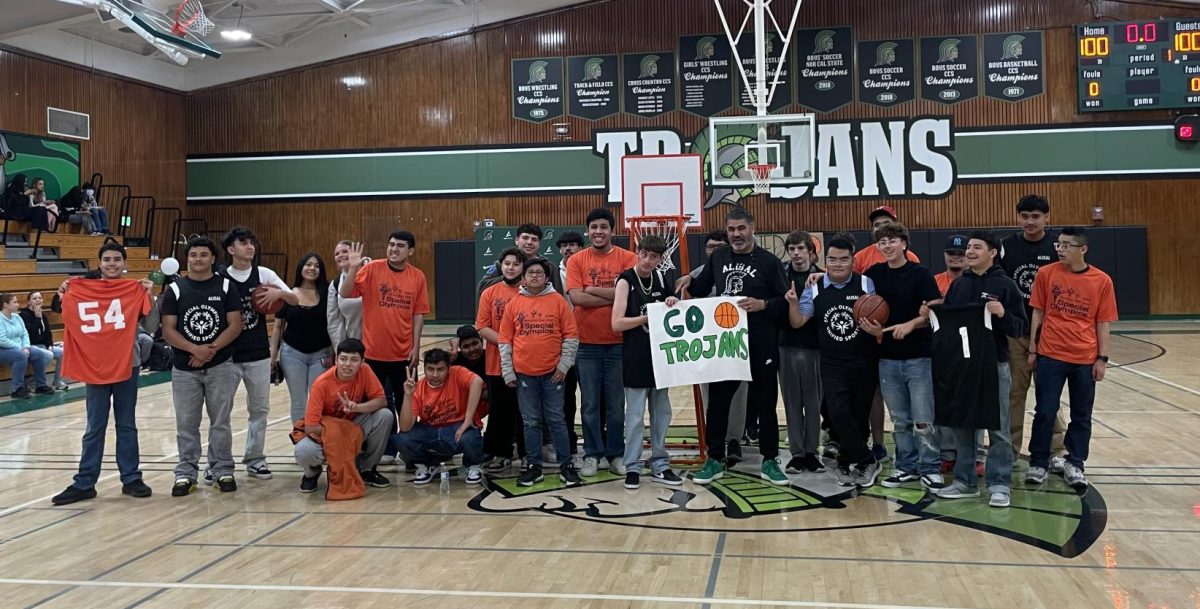


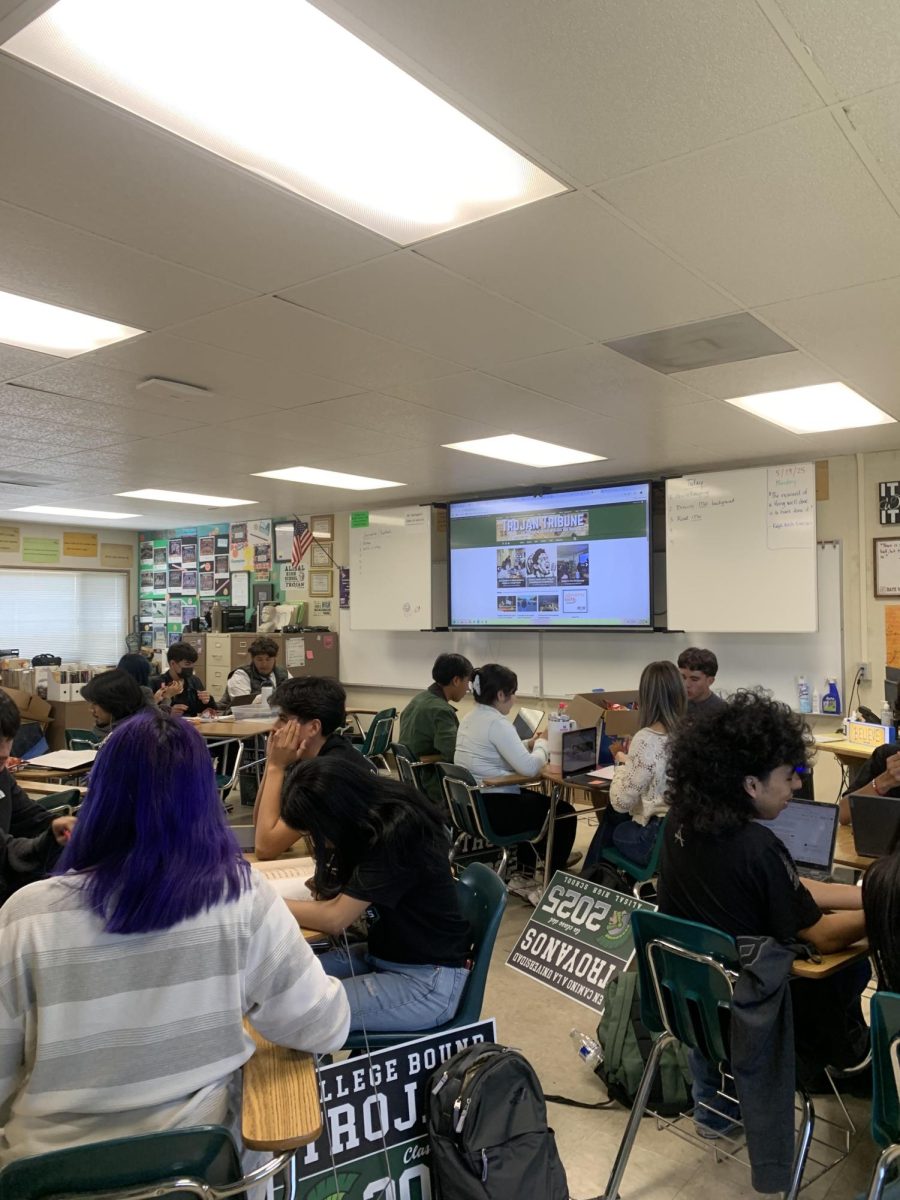

![Senior Jayden Duarte dives across the goal line for one of his five touchdowns in a dominant 62-40 victory over Monterey. It has been a highly successful season for Duarte, and he credits his coaches for putting him in positions to succeed and make key plays. “The goal is to help wherever the coaches need me, receiver, running back, [and] DB,” he said.](https://alisaltrojantribune.com/wp-content/uploads/2025/10/IMG_3599-2-1200x800.jpg)



